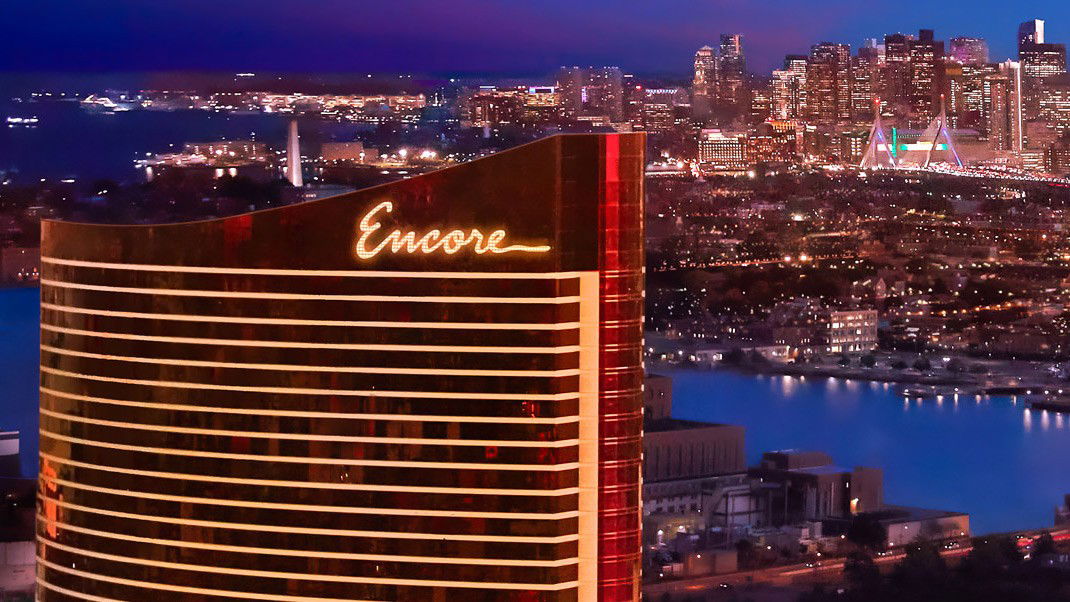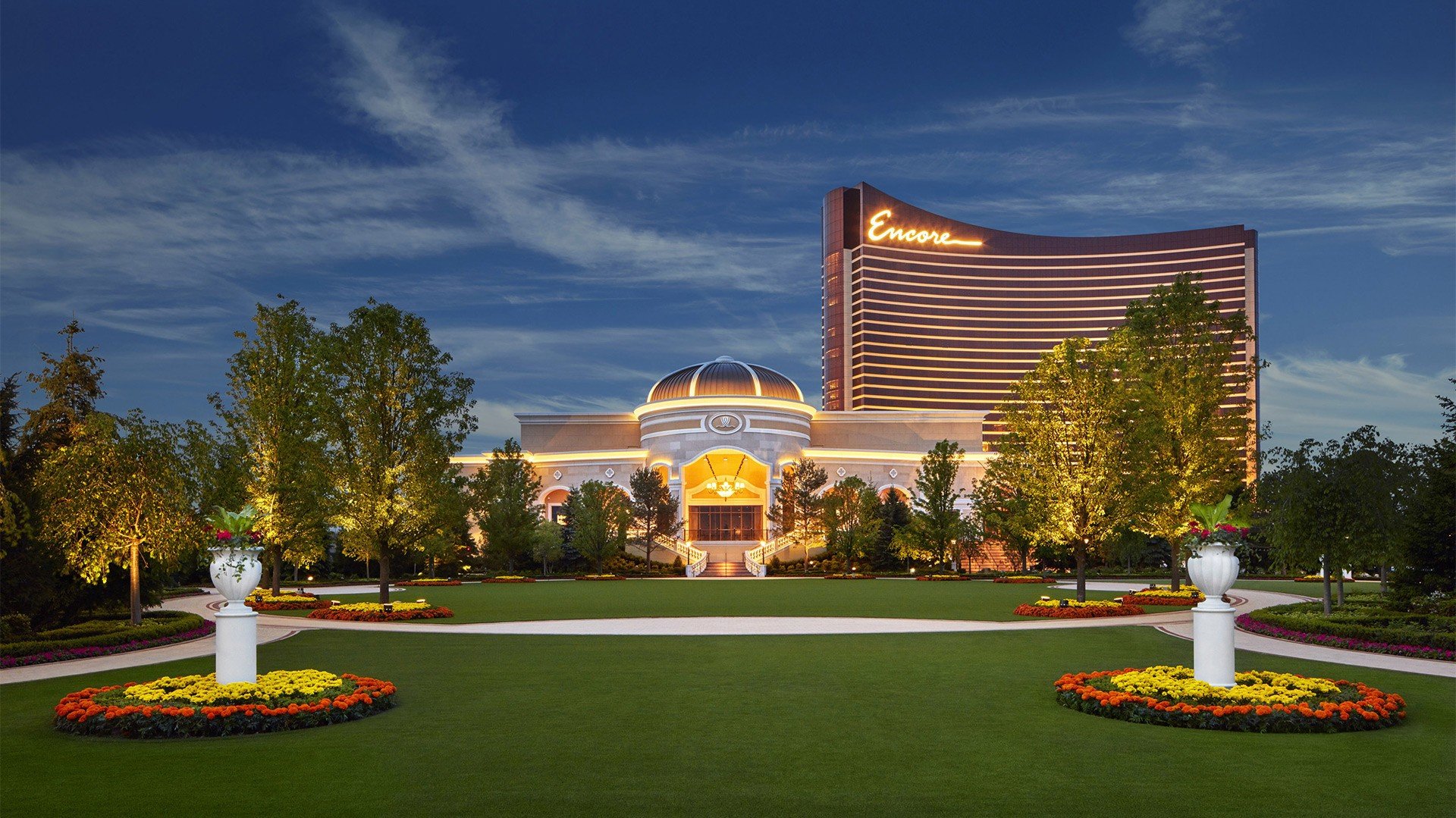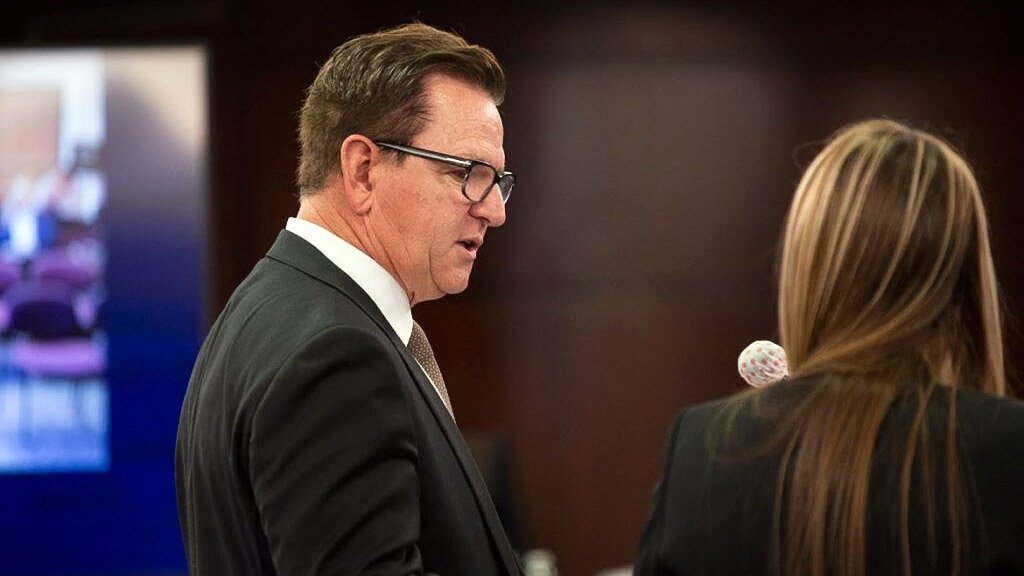Encore Boston's $75M land deal and Massachusetts Gaming Commission's actions face court scrutiny

A $75 million land deal involving Massachusetts’ Encore Boston Harbor Casino is set to undergo new scrutiny following a court order, local media reports. The Supreme Judicial Court ruled Monday that a lower court should look more closely at the “highly unusual character of the Gaming Commission’s actions" related to the award of a license to Wynn Resorts and the purchase of land in Everett.
In 2012, FBT Everett Realty agreed to sell the land on which the gambling venue currently sits to gaming giant Wynn for $75 million if the casino company secured a state license, which it ultimately did. However, the property was sold for $35 million, and FBT alleges that the Gaming Commission, concerned about the possibility that someone with ties to organized crime stood to benefit from the sale, improperly coerced Wynn into reducing the purchase price of the land, reports NBC Boston.
According to FBT, the Gaming Commission threatened to otherwise disadvantage Wynn’s license application. Now Justice Scott Kafker has written in an opinion released Monday that a lower court judge made an error by dismissing all of FBT’s lawsuit that the commission had interfered with a contract last summer, and sent the case back to the Superior Court.
"Whether the commission directed such a compelled transfer of property, or merely accepted it as a cure to its concerns about undisclosed criminal ownership interests at FBT, cannot be decided without further discovery," Kafker wrote, according to the cited source. The issue is now set to undergo an additional round of fact-finding, while the regulator has now said it is reviewing the SJC opinion.

FBT Everett Realty bought the land for approximately $8 million in 2009, before casino gaming was legal in the state. The business entered into an agreement with Wynn in late 2012, giving the casino giant the option to buy the parcel for $75 million if the required license was obtained, while the Gaming Commission looked into Wynn and the option agreement on the land.
During the investigation, the regulator developed concerns that Charles Lightbody, a convicted felon with apparent ties to organized crime, had a hidden ownership stake in FBT, and that a windfall going to someone connected to crime would undermine public confidence in the licensing process.
Karen Wells, current executive director of the Gaming Commission, informed at the time Wynn executives of the concerns and told them that “their position regarding (FBT) receiving a financial windfall as a result of the gaming facility was something the IEB (Investigations and Enforcement Bureau) would report on regarding (Wynn’s) suitability,” Kafker quotes her as saying during a commission meeting, according to the media report.
Having been told that the $75 million purchase from FBT would be a factor in the commission’s decision on whether Wynn would be suitable for a license, the company had the land appraised for its highest and best non-casino use, and in November 2013 agreed with FBT to reduce the land sale price to $35 million. Wynn got the license, and the deal was finalized at that time.
Karen Wells, current executive director of the Gaming Commission
"Although the relevant facts are disputed, the record - when viewed in the light most favorable to FBT - indicates that the commission intended to deprive FBT of any casino-use premium on the sale of the Everett parcel and that it coerced Wynn into renegotiating the price for the parcel, reducing it from $75 million to $35 million, by threatening to find Wynn unsuitable for a license," Kafker wrote.
Following the closure of the deal, FBT sued the Gaming Commission to recover the lost $40 million “casino-use premium.” And while the SJC ruled Monday that a lower court was correct to dismiss claims of tortious interference with a contract, it said the Superior Court should look more closely at whether the Gaming Commission’s actions constitute a “regulatory taking.”
This essentially asks to determine whether the body’s actions and regulations restrict the owner’s rights to such a degree that it becomes the functional equivalent of a physical seizure of property.
For an action to be considered a regulatory taking, it must be determined whether the action interferes with reasonable investment-backed expectations; what the economic impact of the regulation is; and the character of the government action.
Kafker said he agreed with the lower court judge that FBT did not have a “reasonable investment-backed expectation” to be able to sell the parcel for the $75 million asking price it could have commanded for a casino because gaming was illegal when the initial FBT investment was made.
However, Kafker said the Superior Court judge should not have granted summary judgment without considering the other two factors. According to Kafker, the “economic impact of the commission’s actions here was substantial,” and the justice repeatedly pointed out that the character of the Gaming Commission’s regulatory action was “highly unusual.”

"Confronted with the possibility that someone with a criminal background had an undisclosed ownership interest in the parcel of land that a gaming license applicant intended to purchase to develop a casino, the commission did not continue to investigate until it could confidently determine whether there was in fact some undisclosed criminal ownership," Kafker wrote.
Instead of completing its investigation of the ownership interests in FBT, the Gaming Commission instead made favorable consideration of the application subject to lowering the amount of money the owners of FBT would receive for the property. It thereby gave one private party -Wynn- a multimillion-dollar windfall at the expense of another private party: FBT.
Thus, while FBT did not have a “reasonable investment-backed expectation” in reaping a casino-use premium when selling the parcel, the commission’s actions had a substantial -$40 million- economic impact; and the “highly unusual” character of the body’s actions “weigh in favor of finding a taking.”
The SJC has now ordered the reversal of the summary judgment order and remanded FBT’s regulatory taking claim to the Superior Court to allow the completion of discovery and further proceedings. It is unclear how the case will be resolved, but a Gaming Commission lawyer discussed in February the possibility of a $40 million judgment against the body, which would most likely be up to Encore, MGM Springfield and Plainridge Park Casino to pay.
Should the commission be subject to a judgment in the case, it could take the position that that could be assessed as a cost and expense to all of the licensees to be shared equally, which operators other than Wynn would likely object to. But the Gaming Commission could then argue that they wouldn’t have standing to do so under the Gaming Act.



















































